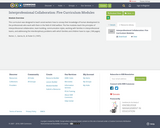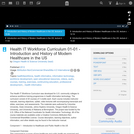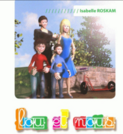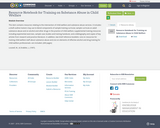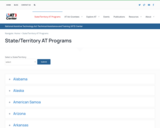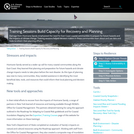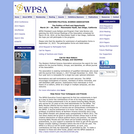
An organization’s culture includes the assumptions, symbols, organizational beliefs, routines, and shared language that influence how people behave and make sense of their experiences within the organization. The culture of an organization is linked to all facets of the people, processes, and technology that make up a functioning organization. Training and development is an important tool and helps to define organizational culture. The organizational knowledge base serves as a foundational resource for the entire training strategy as it allows the organization to be adaptable, responsive, and in alignment with the core values and mission. Knowledge creation enables the organization to refine and develop new content as well as find better, more effective ways to do tasks. Knowledge sharing refers to the social interactions between key stakeholders that allow for the transactional and transformation exchange of organizational experiences, implicit and explicit knowledge, thoughts, and suggestions. Knowledge storage enhances organizational memory and promotes access to and use of information for decision making. Learning and finding appropriate ways to use knowledge within our organizational roles for different activities and problem-solving situations is one of the primary goals of training and development areas. How we choose to train and develop team members will be heavily influenced by the organizational culture. Consider the following example.
- Subject:
- Arts and Humanities
- Business and Communication
- Communication
- World Cultures
- Material Type:
- Lesson
- Author:
- LAPU
- Date Added:
- 03/06/2023
